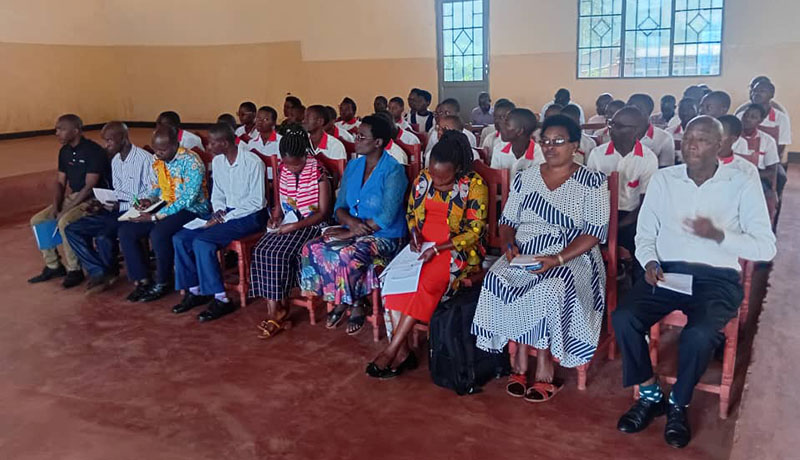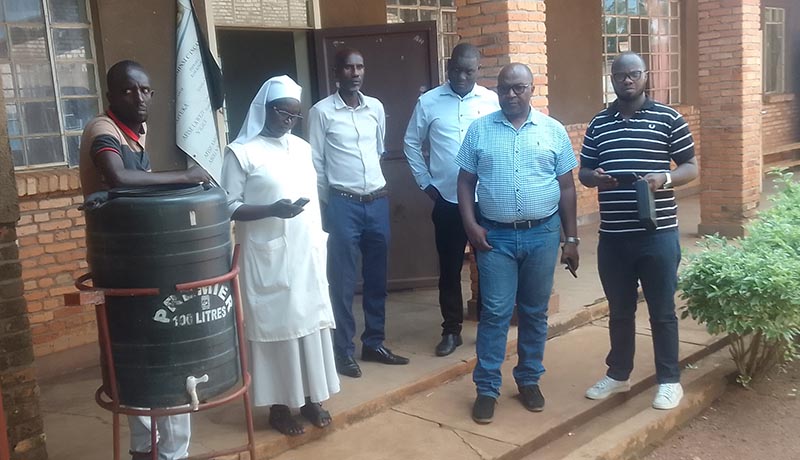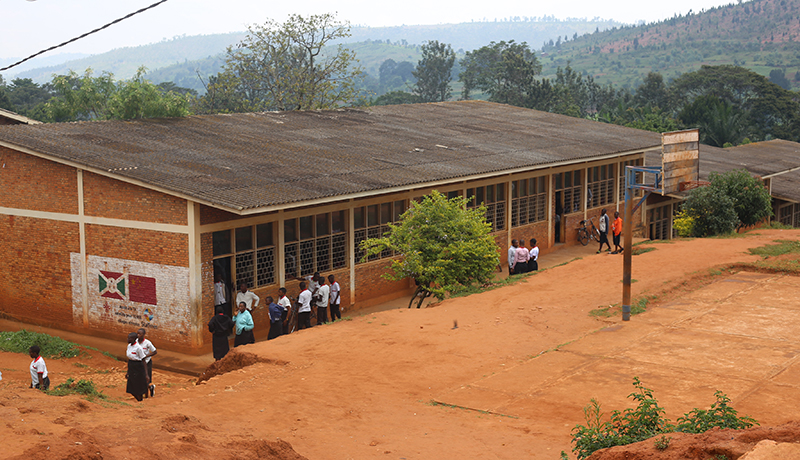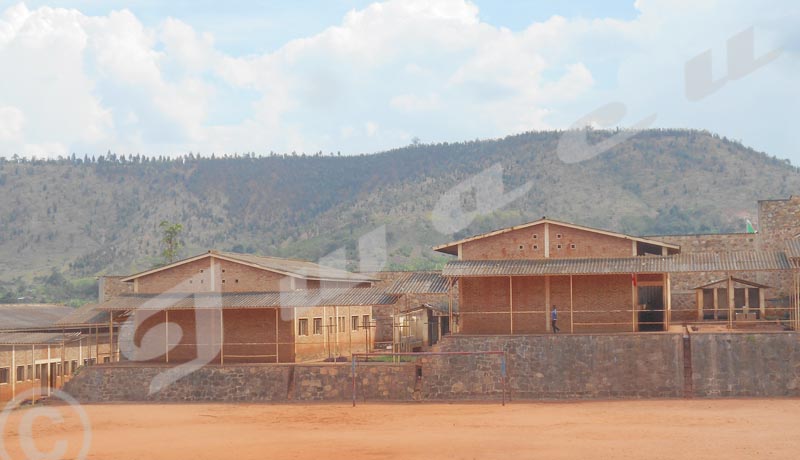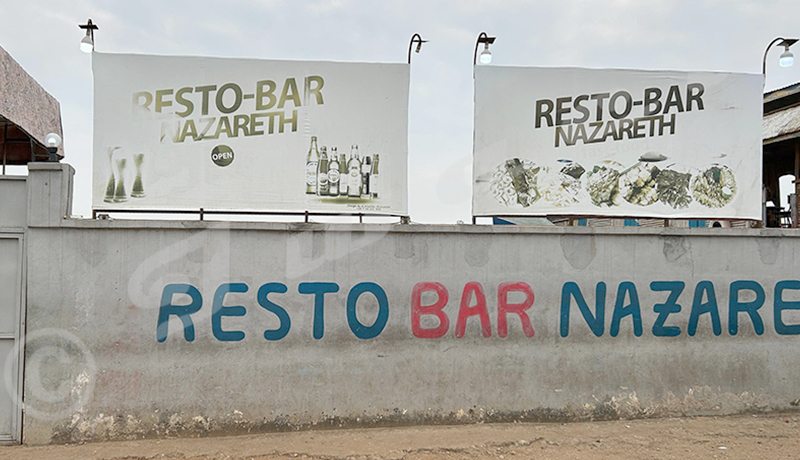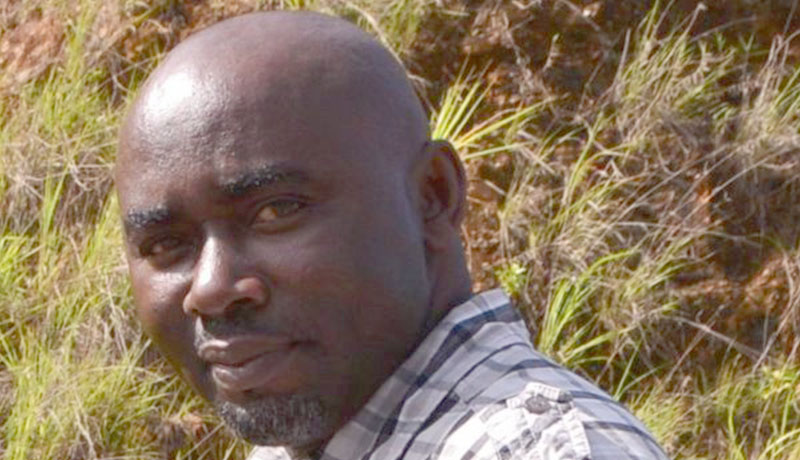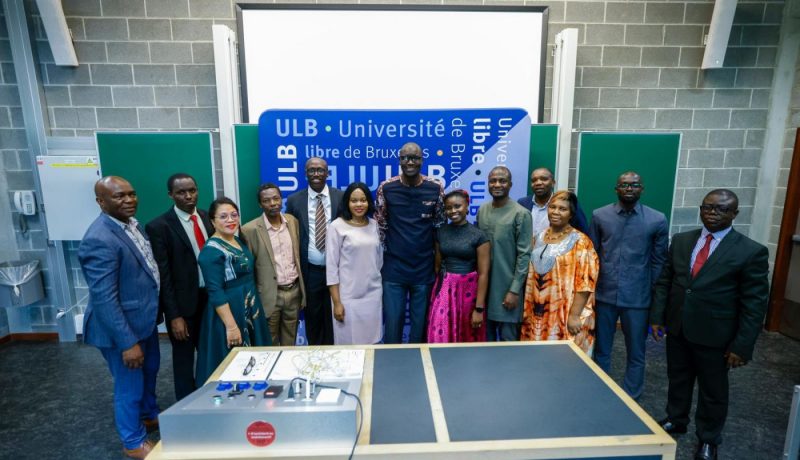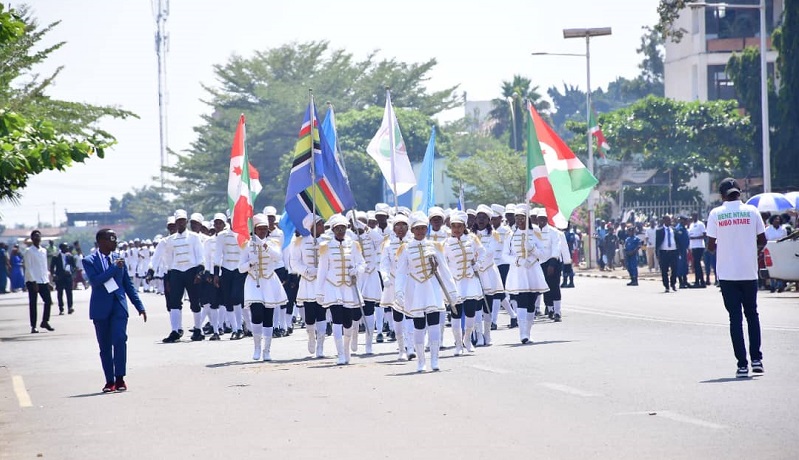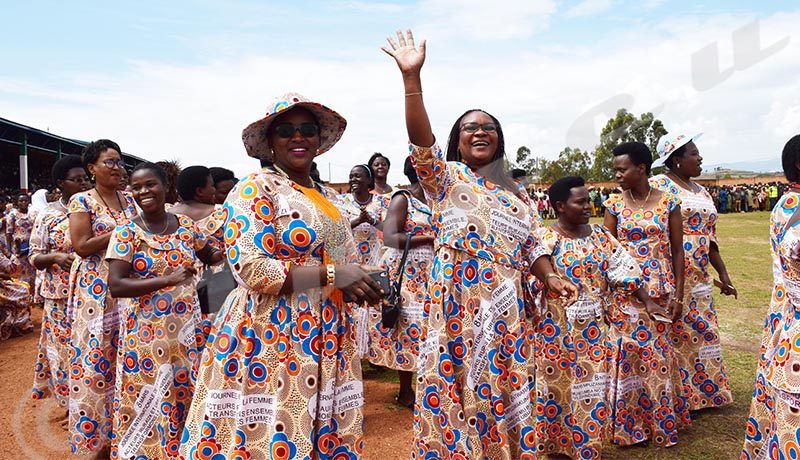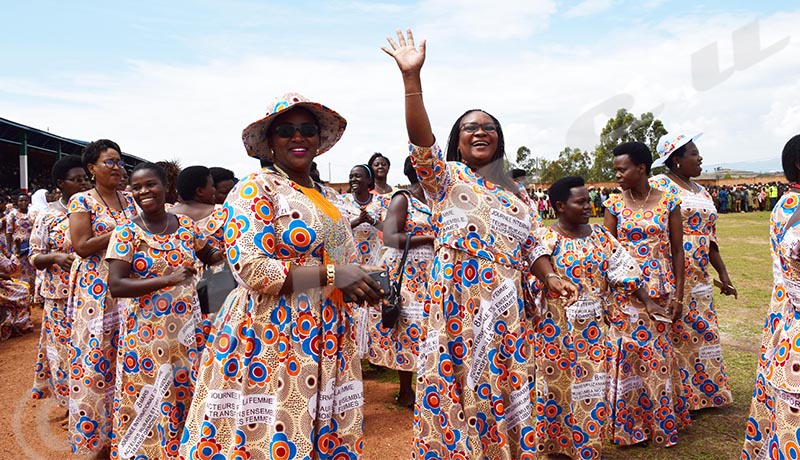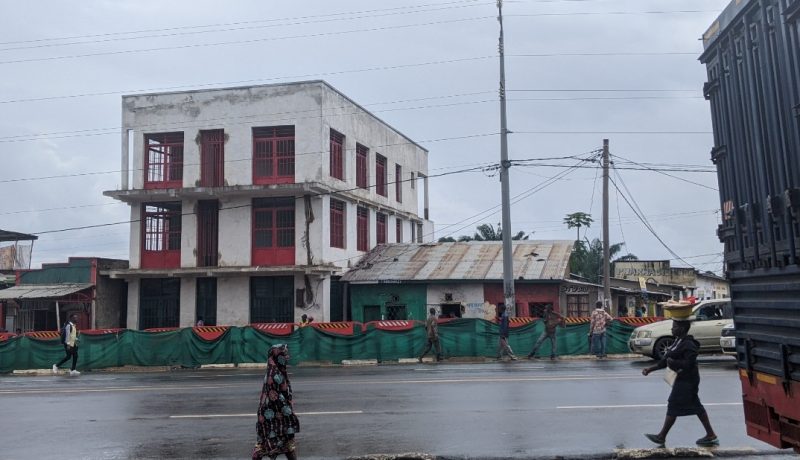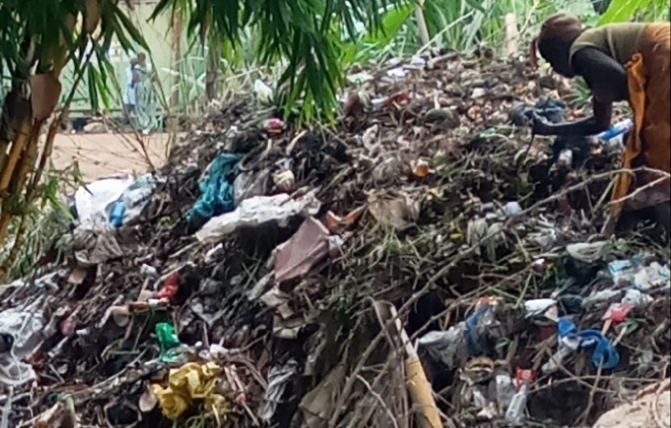Ugandan, Tanzanian and Kenyan products become more and more abundant in Ngozi market. Retailers from the four corners of Burundi are found there.
<doc7919|right>Outside the large market of Ngozi city (Northern Province), department stores have been settled everywhere around the market. Inside the stalls, a lot of items, mainly from the East African Community (EAC) are stored: there are sheets, clothes, umbrellas, bags, suitcases, shoes, food, etc.
Most of these products are from Uganda and Tanzania because of the facilities offered by the integration. And Ngozi market wholesalers are proud. “Thanks to Burundi integration, we have had facilities to move to other East African Community member states,”says D.C., a trader.
He indicates that thanks to the common market, establishing the free movement of goods, persons and capital, travelling transport agencies have increased : "Before Burundi’s adherence to EAC, there was only one transport agency GASO from Uganda to Burundi and vice versa. But now, there are other agencies like Horizon, Taqua (and) Gagaa which have their car parks in Bujumbura and Ngozi," he says. And remember that in the previous years, we had to go to Bujumbura to take the GASO bus, "or then we first had to move to Rwanda and spend a night there before going to Kampala. And the accommodation was very expensive in Kigali. »
The recently improved road between Kirundo (North of Burundi and near Ngozi Province) and Rwanda has also accelerated traffic between Ngozi and neighbouring states in the EAC.
The same trader indicates that the price to reach Kampala from Ngozi via Rwanda has today decreased: « bus travelling fare from Ngozi to Uganda is now BIF 23, 000 , whereas from Bujumbura it is nearly BIF 27,000. »
That is not all, loading trucks caused more difficulties. "An importer is currently free to go with his truck to load goods everywhere in the EAC while in the past he was obliged to share spaces with others and bring lower quantity of products while paying more," he said.
Furthermore, Ngozi traders seem to be very determined in their trade policy: selling more in a very short period of time. "We understand that time is very important in trade. We are doing everything to sell our products very quickly even though cheaply. That is what Chinese are doing and they get profits", says V. K.
" A less expensive market! ”
Thanks to that trade situation in Ngozi, several traders from the different corners of Burundi are interested in the market. "This market helps us much. Especially we who have a small capital ", said N.K, one retailer in the market of Kamenge (Northern District of Bujumbura).
According to him, travelling to Kampala is very expensive and Bujumbura is also very expensive: “The cost of transport, food and hotels is high for small traders. In any case, I earn more when I go to Ngozi rather than Uganda for my business”.
Consumers of Ugandan or Tanzanian products draw the same conclusion. They say that for basic products, prices are cheaper in Ngozi than Bujumbura. "If I want to buy Ugandan or Tanzanian clothes in Burundi, for an example a pair of trousers, I notice that it is less expensive in Ngozi (BIF a 15000) than in Bujumbura,” indicates a lady who often goes to buy things in Ngozi.
"Even if I spend money for transportation, the total cost remains lower than that of Bujumbura,” she adds.
" The Commune is getting many advantages "
Ngozi’s flourishing trade through regional integration strengthens the development of the town. Clotilde Caraziwe, the Administrator of the Commune is proud of the progress. “They import goods and they gain experience from their counterparts of the EAC. It is the town’s prosperity to have people performing better,” she says.
According to the Administrator, other benefits related to investments are being made by traders: "They build hotels and other buildings which back the development of the Commune.”
Without giving figures, she argues that taxes collected at the level of its commune will probably rise. "The trade prosperity is undoubtedly one of the reasons," she concludes.
